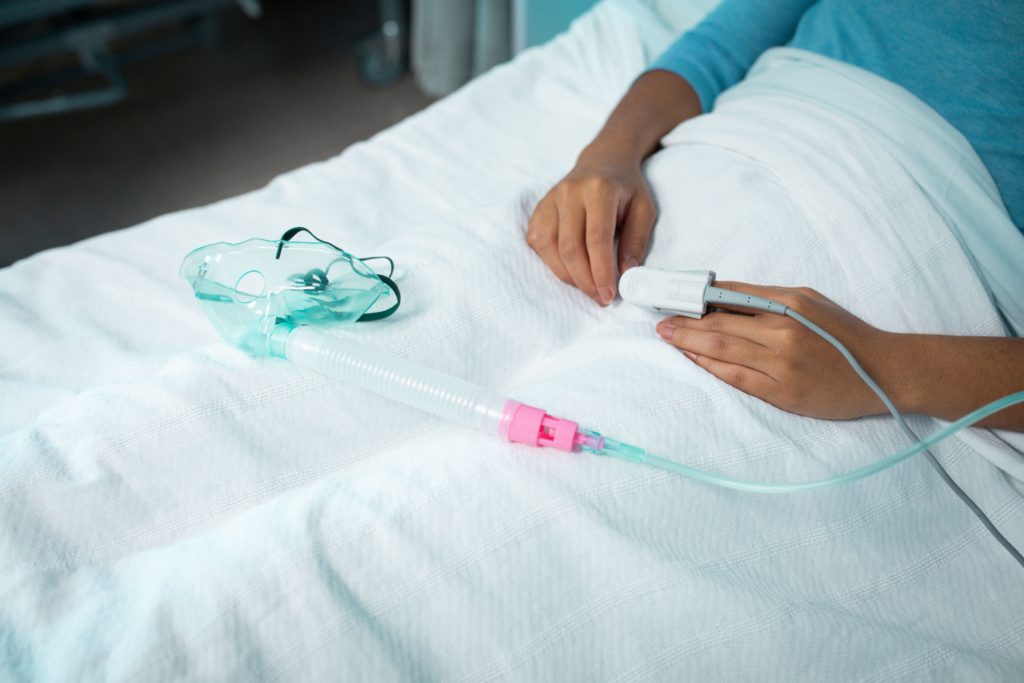A variety of schools offer programs to become a respiratory therapist. Whether you choose to attend a technical school, college, or even join the Armed Forces, you can find the right respiratory therapy degree for you. By following the steps outlined below, you will be prepared and have the confidence to succeed in the program of your choosing.

How do I prepare to become a respiratory therapy?
- Request information from respiratory therapy programs. This information will help guide the decisions you make preparing for a degree. Not only can you learn about various programs to find a good fit for you, but you can also learn about what they are looking for as a potential student. You can also learn when applications are due and compare the costs of each program. Be sure to research accredited programs; the Commission on Accreditation for Respiratory Care(COARC) makes it easy to filter by location or degree type. Pro tip: use the interactive map to compare job placement rates, credentialing exam pass rates and more!
- Consider working in healthcare or job shadow respiratory therapists. Some programs encourage applicants to have experience in healthcare and strongly recommend job shadows. Why? Schools really want you to be successful and many programs have a limited number of spots each year. When you have experience, it shows you are dedicated and passionate about your career choice.
- Successfully complete prerequisites. Prerequisites vary by program but usually include classes like anatomy, chemistry, and biology. Work hard to achieve the highest grades possible; schools will be looking for disciplined students who achieve academic excellence.
What respiratory therapy degrees are available?
- Associate Degree: Earning an associate degree is perfect if you want to get a jump-start on your career. In just two years, you can begin earning money and developing as a respiratory therapist. Changes to the responsibilities of a respiratory therapist are on the horizon so eventually, you may want to go back to school for a bachelor’s or master’s degree. Pro tip: Sometimes your employer will offer tuition reimbursement to help further your education. So, not only are you working after only two years of school, you might receive financial assistance to help you advance in your career.
- Bachelor’s Degree: Becoming more common today, a bachelor’s degree is a solid approach to a career in respiratory therapy. For those who are already working as a registered respiratory therapist (RRT), there are even schools that offer programs to earn your bachelor’s in respiratory therapy completely online!
- Master’s Degree: Currently, a master’s degree is considered highly advanced for the profession. Currently, only 11 schools offer a master’s program in the US. So, why consider a master’s degree? This might be the path for you if you are passionate about your career and helping patients with challenging needs. Plus, the AARC Human Resources Survey found each increase in academic degree led to an annual pay increase of at least $3,000. Of course, getting an academic degree isn’t going to magically increase your pay, but it will provide you with advanced skills and knowledge employers will seek and compensate for. This degree can also open doors to teaching in respiratory therapy programs.
After completing my respiratory therapy program, what’s next?
Upon graduation from an accredited program, you will be eligible to take the Therapist Multiple-Choice (TMC) Examination. With this exam, there are two passing thresholds: the low cut score which earns you the Certified Respiratory Therapist(CRT) credential, and the high cut score. The high cut score not only earns you CRT credential but also allows you to take the Clinical Simulation Examination(CSE). If you pass the CSE, you receive the Registered Respiratory Therapist (RRT) credential. Additionally, you will need to become licensed in the state you wish to practice. While licensing requirements can vary from state to state, typically it includes passing a state or professional certification exam.
Where will my respiratory therapy degree take me?
With a 23% growth rate over the next ten years, you will find yourself highly sought after and well-compensated for your dedication to your patients’ health. You will play a vital role on a team with doctors, nurses, and other healthcare professionals as you focus on patient health and wellness. With your compassion and critical thinking skills, you will be a valued asset to your profession and healthcare system.
In addition, you will find yourself well-compensated for your skills. The annual median income for a respiratory therapist is $62,810. Couple that with the advancement opportunities and you have great growth potential.